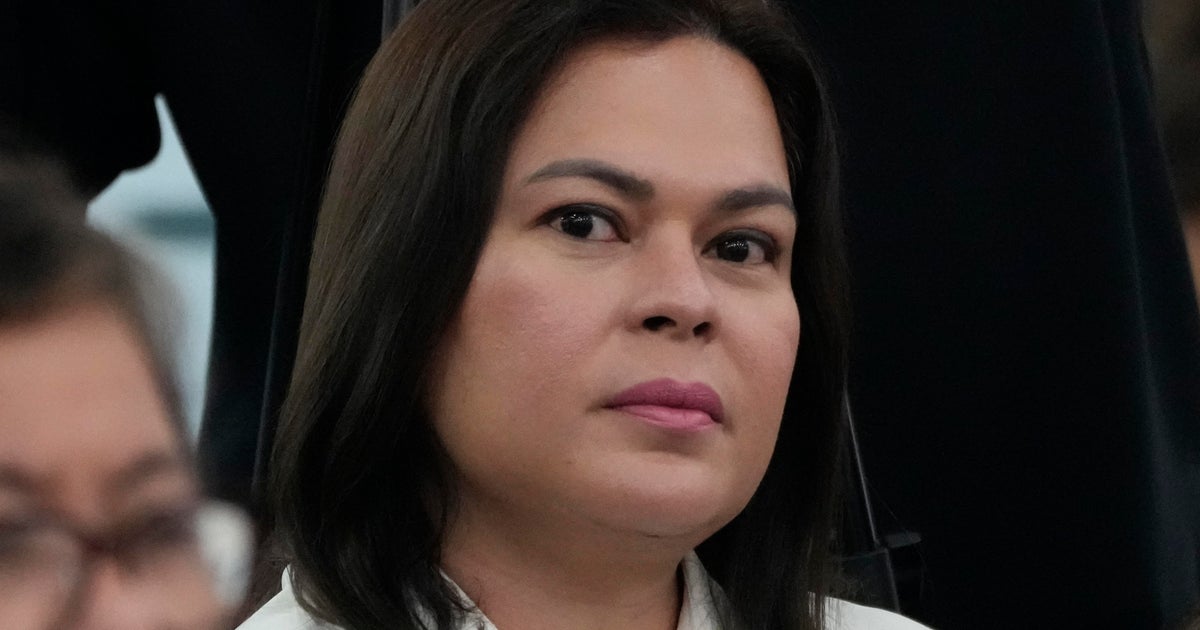Poisoned Russian opposition leader Alexei Navalny released from German hospital
Moscow — Russian opposition leader Alexei Navalny has been discharged from a German hospital after more than a month of treatment for poisoning with a Soviet-era nerve agent, the hospital said on Wednesday. The outspoken 44-year-old critic of Russian President Vladimir Putin was discharged Tuesday after 32 days in Berlin's Charité hospital, most of them spent in intensive care.
Navalny fell violently ill during a flight from Siberia to Moscow on August 20. After several days in a Russian clinic he was transferred to Germany, where lab tests determined that he had been poisoned with a Novichok nerve agent. Independent labs in Sweden and France confirmed the finding, and an investigation by the global chemical weapons watchdog agency, the OPCW, is ongoing.
"The patient's condition had improved sufficiently for him to be discharged from acute inpatient care," Charité hospital said in a statement on Wednesday. "Based on the patient's progress and current condition, the attending physicians believe that complete recovery is possible," it said.
Doctors warned, however, that it was too soon to rule out any potential long-term effects from the poisoning.
In a post to his Instagram account later on Wednesday, Navalny was seen sitting on a park bench somewhere in Berlin.
"I was very upset, I thought that I would never be discharged," he said in the caption, describing the moment he saw himself in the mirror for the first time after 24 days in intensive care. He said his first wish when he was discharged was to go to a place with trees. He said he would need to continue with outpatient treatment to regain full control of his fingers and balance.
"For instance, I can't throw a ball with my left hand... My brain simply refuses to do that," he said, explaining some of the challenges he's experiencing in his recovery.
Navalny's team has said he has every intention of returning to Russia, though the timeline remained unclear. Russia's government reiterated on Wednesday that the dissident was welcome back.
The West has demanded that Russia explain how Putin's fiercest opponent could have been poisoned with Novichok on Russian soil. The Kremlin has denied any involvement, accusing Germany of refusing to hand over data or lab samples that prove a Novichok poisoning.
In a conversation with French President Emmanuel Macron last week, Putin even suggested that the opposition leader, whom he referred to as an "internet troublemaker who has simulated illnesses in the past," could have poisoned himself with Novichok to frame Russian officials, according to details of their exchange revealed to Le Monde by unnamed sources.
Navalny reacted with a sarcastic post on his Instagram account, saying he had cooked the Novichok in his kitchen, planning to end up in a morgue.
"But Putin outplayed me," Navalny wrote in the sardonic post. "As a result, like a fool, I spent 18 days in a coma, but did not achieve my goal. My provocation didn't succeed."
Colleagues of the opposition leader have said that tests revealed traces of Novichok on a water bottle from a hotel room he stayed in just before his flight from Siberia, which they brought to Germany.
On Monday, Navalny demanded that the clothes he wore the day he fell ill be packed and sent from Russia, accusing officials there of hiding a "very important piece of evidence."
The Kremlin complained on Tuesday that Russian efforts to look into the case were being hampered by the fact that Navalny's team removed evidence from the country.



